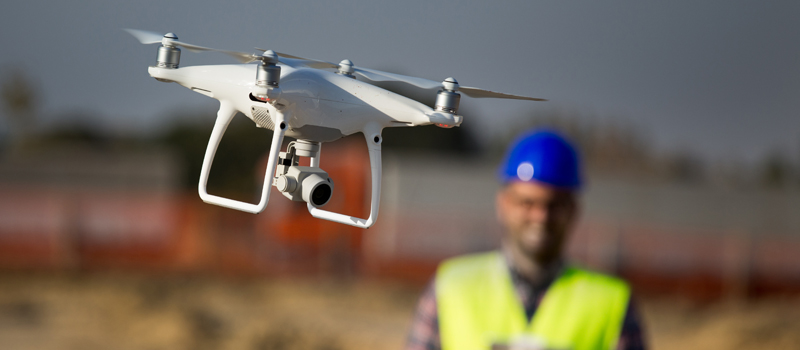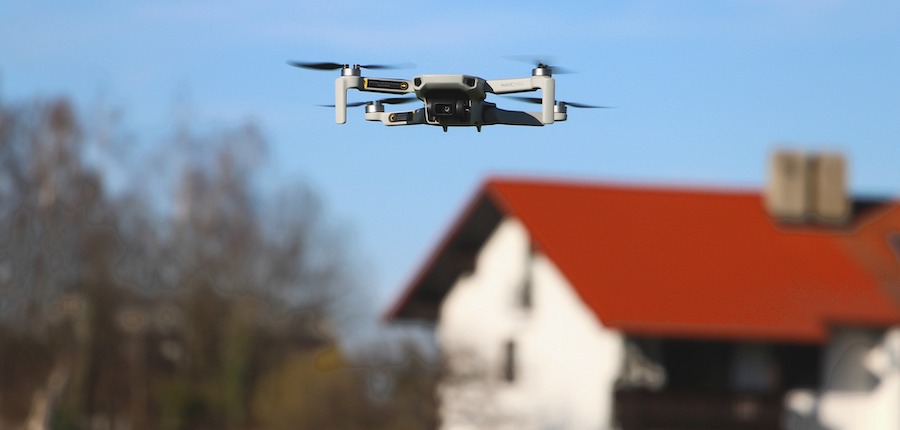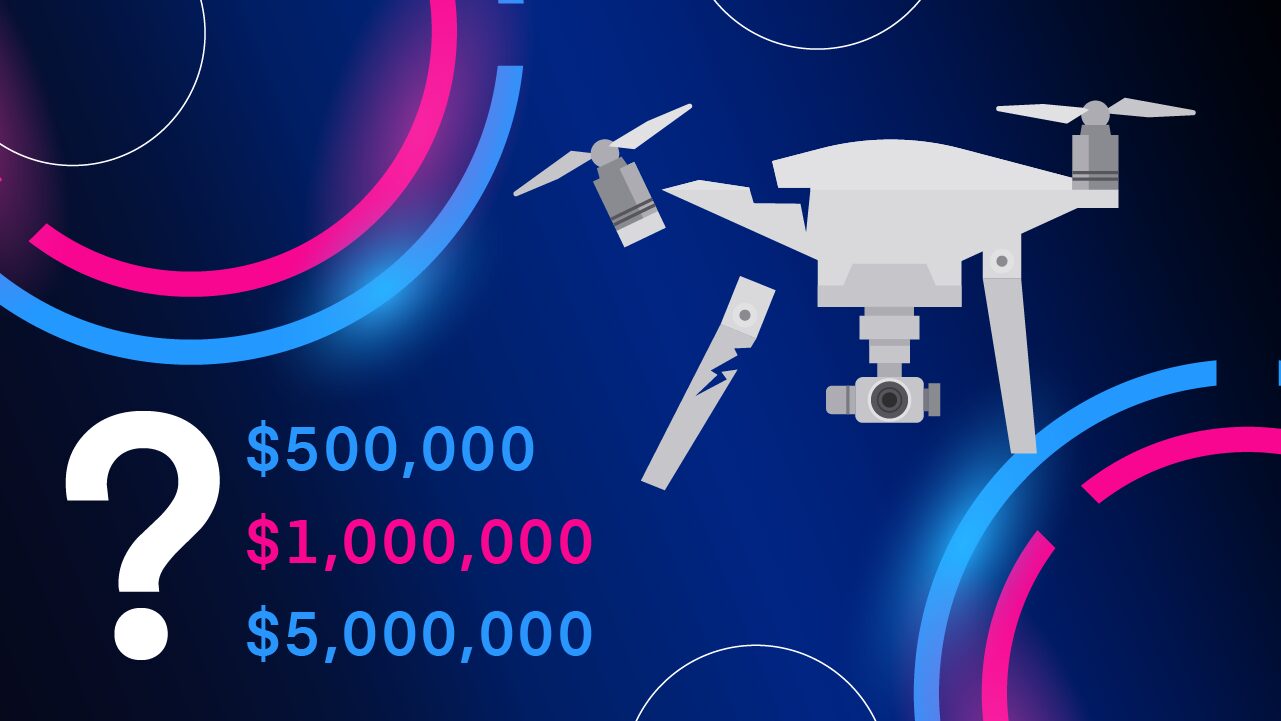One of the provisions of the Part 107 remote pilot certificate, which was made apparent back in 2016 when the Part 107 rules were first announced, was that it was valid only for a period of 24 months. Right before the two-year period since the Part 107 rules were put in place passed, the FAA released guidelines on how the drone license can be renewed.
What does it take to renew the drone license? Is the process any different from when your first applied for Part 107 certification? What happens if the two-year period passes, and you aren’t able to go through the renewal process?
Why is renewal of the Part 107 drone license necessary?
In the same way that Part 61 license holders need to go through a regular flight review for renewal of their licenses, Part 107 certified pilots are required to go through a process of knowledge validation. Why is this necessary in the first place?
Several flight organizations have already argued against the necessity of a repeat knowledge test for Part 107 license holders, citing that drones pose very little risk compared to manned aircraft operations. Some other groups have also appealed for a compromise – an extension of the validity period of the Part 107 license from two years to five years. However, the FAA has not budged on any of these requests so far, so it seems we’re stuck with compliance for the time being.
The FAA believes that periodic knowledge validation is necessary since drone pilots do not need to recall all the information found in the knowledge test on such a frequent basis. Because of the probability of erosion of the knowledge on the Part 107 rules and regulations and all other aviation-related information, the FAA has deemed the recurrent knowledge test a necessary measure to maintain the safety of the national airspace.
The FAA also believes that the two-year validity period is just the right length of time to conduct a revalidation of the drone pilot’s level of knowledge. This is far shorter than the validity of a driver’s license, but the FAA argues that drivers exercise the privileges afforded by their licenses on a much more frequent basis than drone pilots.
For instance, a commercial drone pilot may never have to fly outside of Class G airspace for the two years that their drone license was initially valid. By taking the recurrent knowledge test, the drone pilot is able to brush up on the rules that are relevant to other airspace classes.
The Part 107 rules, being relatively new, are still at a period where they can go through a lot of reviews and changes. The FAA believes that by requiring commercial drone pilots to renew their licenses every two years, they are given an avenue to communicate these changes to rules in a more all-encompassing manner.
What are the requirements for renewal?
The original Part 107 regulations state that “certificate holders must pass either a recurrent online training course or recurrent knowledge test every two years.” The language of this statement was a bit ambiguous, making it necessary for the FAA to release the revised Part 107 Airman Certification Standards (ACS) in May 2018 and then later in 2021 when new rules were released.
The ACS clearly outlines the procedure that drone pilots need to take to renew their currency: take an online training course on the FAA Safety website.
How do I sign up for the knowledge test?
First you will need to create an account on FAASafety.gov if you don’t have one already.
Second, head over the ALC-677: Part 107 Small UAS Recurrent and complete the training. It should take an hour or two and at the end, you will complete an online exam to verify you acquired the knowledge.
You no longer need to pay another $160 testing fee to take the recurrent knowledge test, it’s all free.
What happens when I pass the recurrent knowledge test?
When you receive your successful test report, all you need to do is to keep a copy of the results with you whenever you fly your drone commercially. This will serve as proof that you have passed the test because no new drone license will be issued. Save it as a paper version or as a PDF in your digital files.
The FAA recommends that you take the recurrent knowledge test before the two-year period has passed so that you don’t run the risk of flying your drone commercially outside of legal boundaries. However, there is also no consequence if you let the two-year period pass, aside from not being able to fly your drone commercially. You should still be able to take the recurrent knowledge test as you please. You will NOT be expected to take the initial knowledge test as if you were a new applicant. There is also no penalty or fine to be paid if you take the recurrent knowledge test after the two-year period had expired.
Final thoughts
The requirement to renew your Part 107 remote pilot certificate is something that the FAA has remained adamant about, and we don’t foresee them changing their minds anytime in the near future. The good thing is that it’s pretty easy and free.
The value of taking a recurrent knowledge test has become highlighted by a flurry of changes made to the Part 107 rules in the last several years. From changing the requirement on how to fly at night, over people and moving vehicles, and Remote ID the drone industry is evolving at a more rapid pace than ever.
Contents



